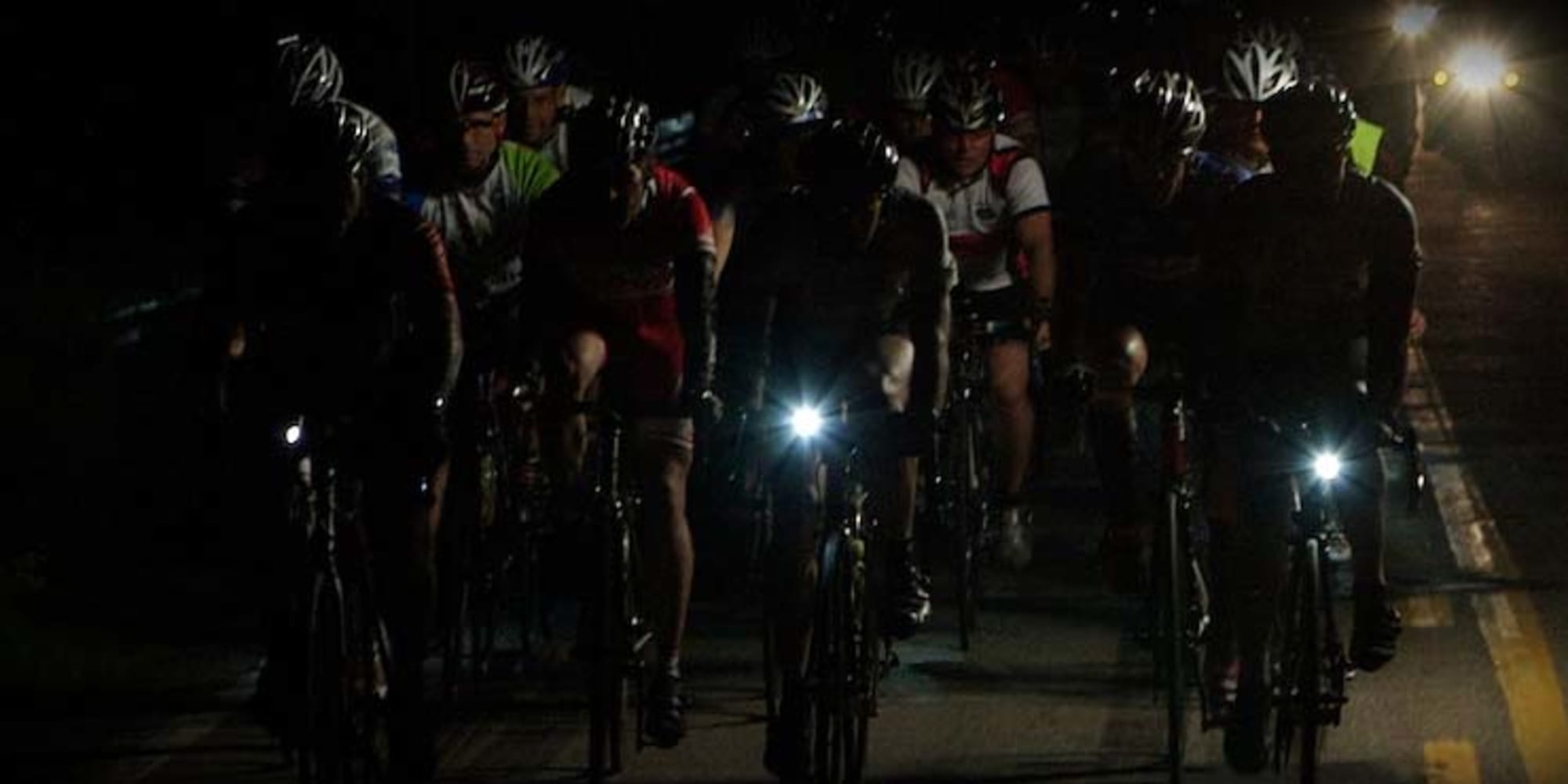
Cycling safety in the press – what is valid?
Recently, there have been articles in the press regarding cycling safety and law in Qatar. These were written as a result of the authorities taking action against a particular cycling safety problem faced in Al Ruwais. Both articles we have seen were unclear in differentiating between legal requirements, good practice, and sound safety advice. For example, the use of bar mirrors, and ‘phosphorescent’ [sic] jackets (we assume fluorescent was intended here) are not mentioned in law although the latter appears to have been mandated as a solution to the problem in Al Ruwais. The positive side of the widespread sharing of these reports has been an uptick in cyclists improving their visibility but also concern has been created around the practicality of some measures, particularly for the sport and fitness cyclist.
Our general advice for cyclists is that as long as you are taking effective steps to aid your visibility, heeding the safety of yourself and other road users; and that you are not unduly obstructing traffic, it is unlikely that you will fall foul of the law.
As a road user, you should be aware of the laws:
- You must wear a helmet
- You must ride single file, keeping to the right and in the correct direction of travel
- You must use front and rear lights in poor visibility or after dark.
The law also mandates the use of a rear reflector although we feel it is unlikely you will be prosecuted for this if you are using a modern super-bright LED rear light.
- The requirement to use dedicated cycling lanes is a little more grey as it is not always clear when a cycling lane is available. However, common sense dictates that you should not be cycling on the major highways such as the Al Khor Coastal Road or Shamal Road. Safer alternatives are available.
- When using a safety vehicle to follow a group, you should know that it is illegal for your driver to drive slowly. There have been instances over the years where safety car drivers have been fined.
None of this can be taken as legal advice and if you choose to bend or break any of the laws, you do so at your own risk. However, QCF’s enquires to the traffic police confirmed that common sense can be applied. The response by the authorities will be different depending on the situation, whether you appear unsafe, and to what extent you might be viewed as an obstruction. That will depend on your behaviour and where and when you are riding.
معرض الوسائط

